Poilievre’s First Nations consultations demonstrate ‘maturity,’ reconciliation no longer partisan issue, say strategists
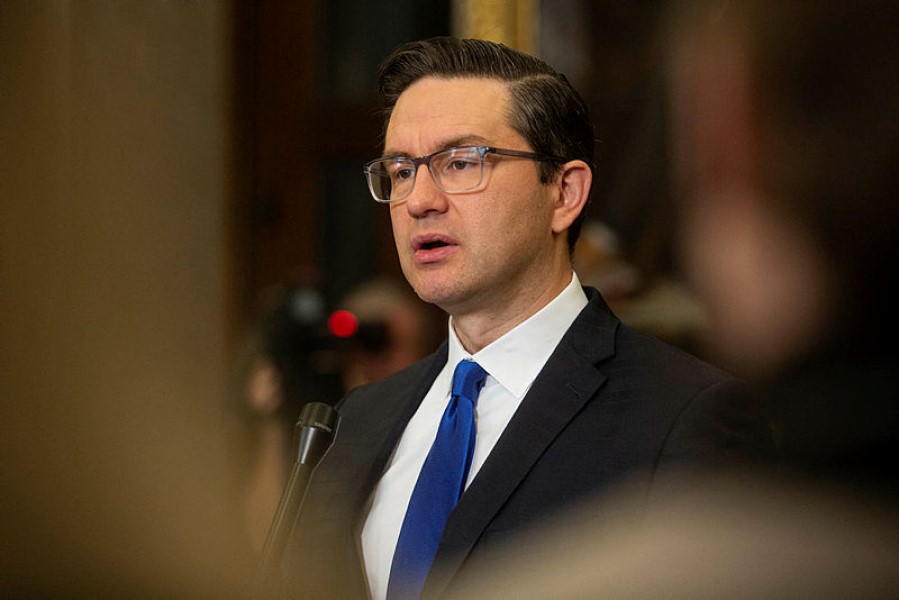
If genuine, the Conservative leader’s ‘change of tune’ on reconciliation could be a game-changer for the party’s troubled relationship with Indigenous Peoples, say strategists.
Repatriation order for men in Syria raises questions about Canada’s consular obligations
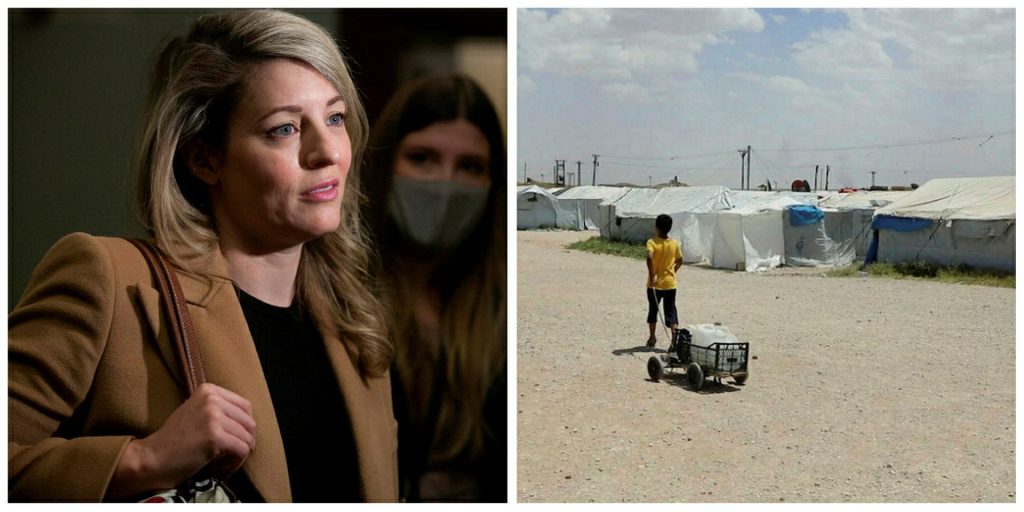
Successive court cases have undermined the government’s policy of not having a ‘positive obligation’ for consular assistance, says former diplomat Daniel Livermore.
Interim House clerk named, but no word on process to appoint permanent successor
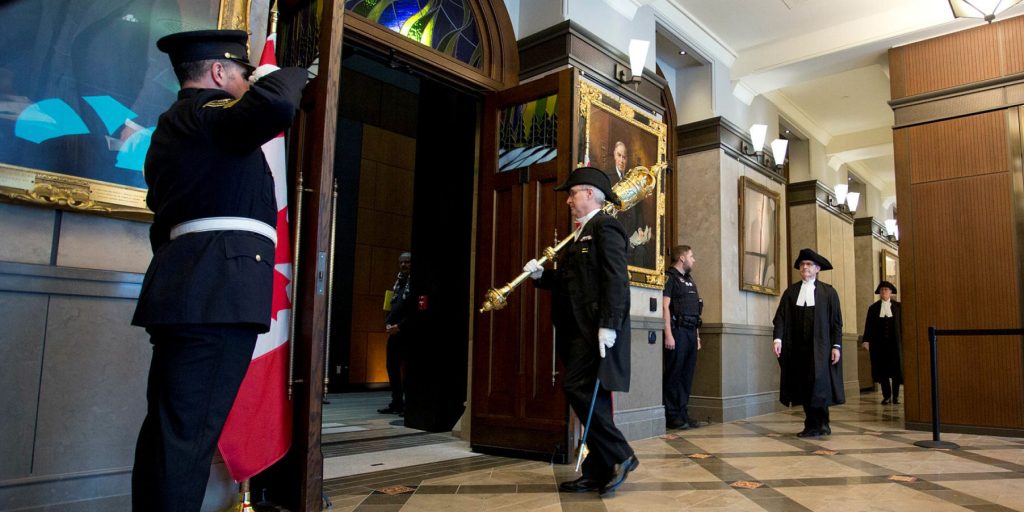
Government House Leader Mark Holland announced deputy clerk Eric Janse’s appointment as interim clerk of the House of Commons on Jan. 30.
Deputy policy director Dylan Marando exits PMO
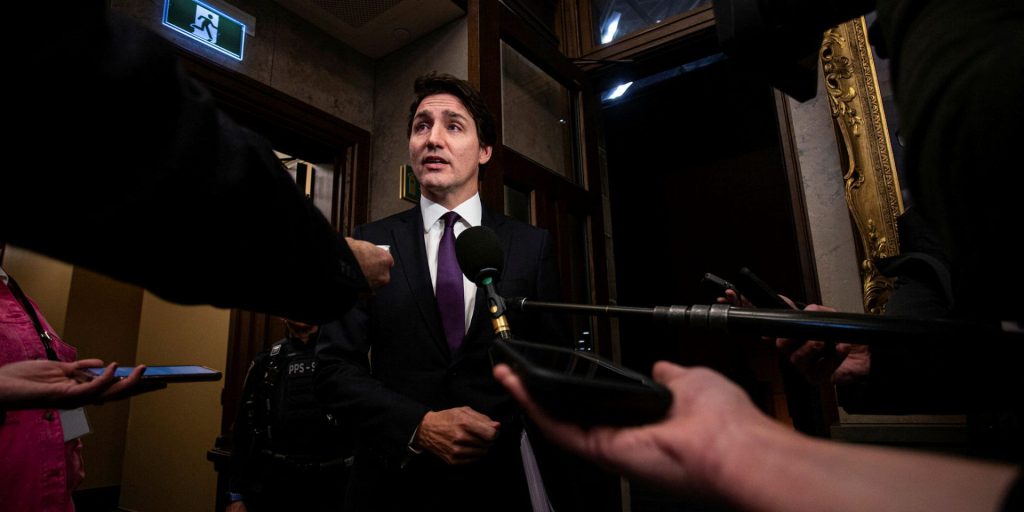
Meanwhile, Sandenga Yeba has been promoted to deputy director of policy to Health Minister Jean-Yves Duclos, who has a couple of new faces in his office.
House clerk selection process needs a non-partisan refresh
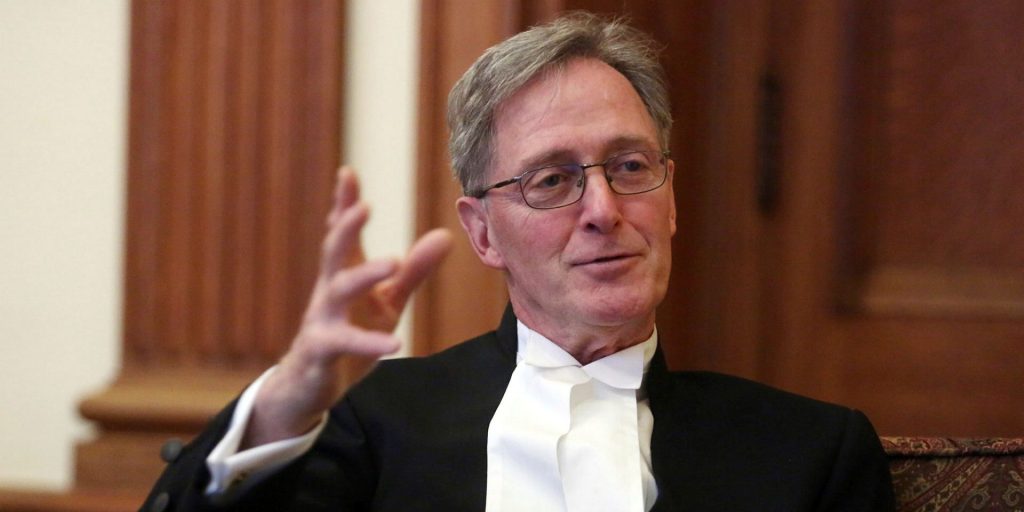
The clerk is, by law, the secretary to the BOIE. What kind of management board would accept that their most-trusted officer be appointed without their participation or consent?
Prime Minister Singh? Don’t laugh
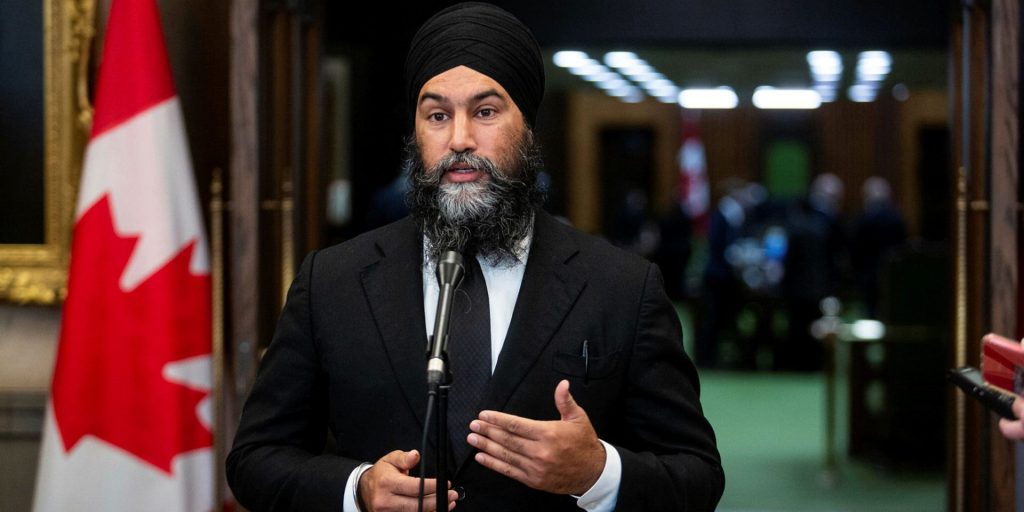
In a recent Ipsos survey, pollster Darrell Bricker found that 54 per cent of respondents wanted Justin Trudeau to step down in 2023. The same poll found that 59 per cent had an unfavourable view of Conservative Leader Pierre Poilievre. This is not a ringing endorsement of either of the two traditional parties that have ruled the roost in Canada since Confederation. In the same poll, Jagmeet Singh scored the highest approval rating of any federal leader at 53 per cent.
IRCC’s reliance on McKinsey explains a ‘disconnect’ between money spent and value added, immigration lawyers say
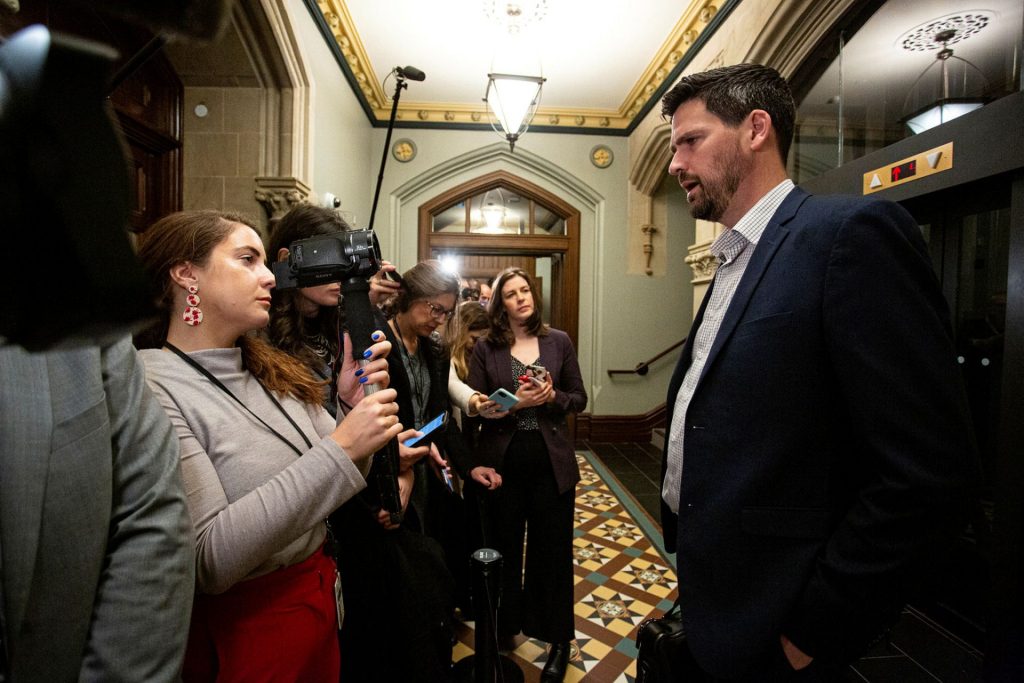
With the House returning this week, the House Government Ops Committee will begin its probe of the $100-million in government contracts awarded to the private firm McKinsey & Company since 2015.
First ministers’ meeting trumpeted as solution to Canada’s broken health-care system, but benefits may not be felt for years
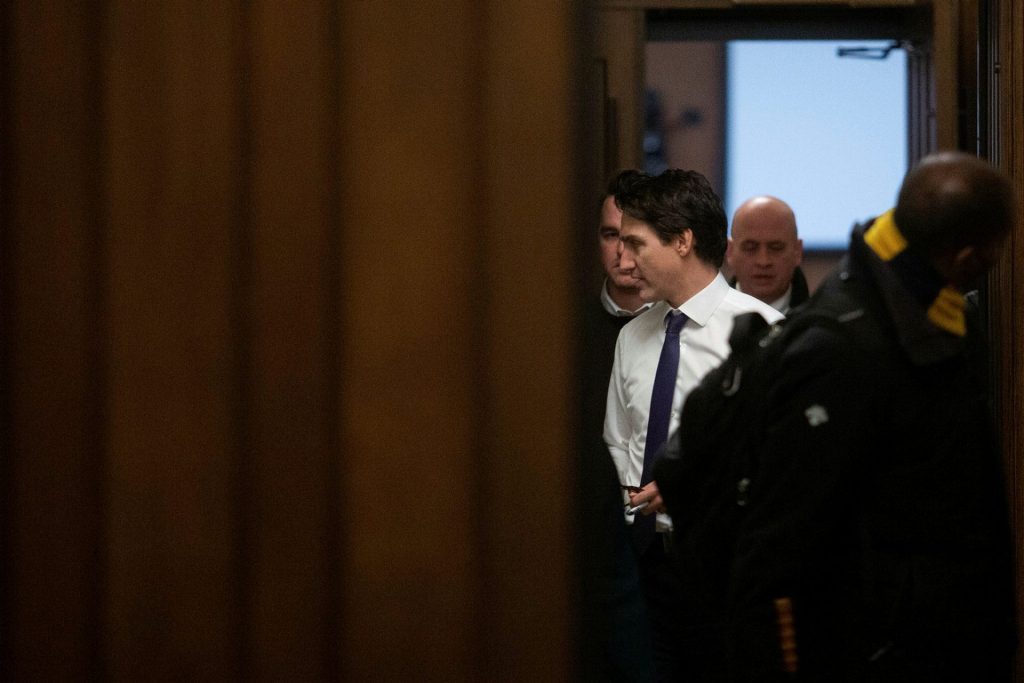
The provinces want an increase from 22 per cent to 35 per cent of health-care costs. The feds are not likely to match the demand, but will certainly come close. But the most important element of the agreement is the fine print on the five priorities that the federal government has established.
Top 100: the most influential people in government and politics in 2023
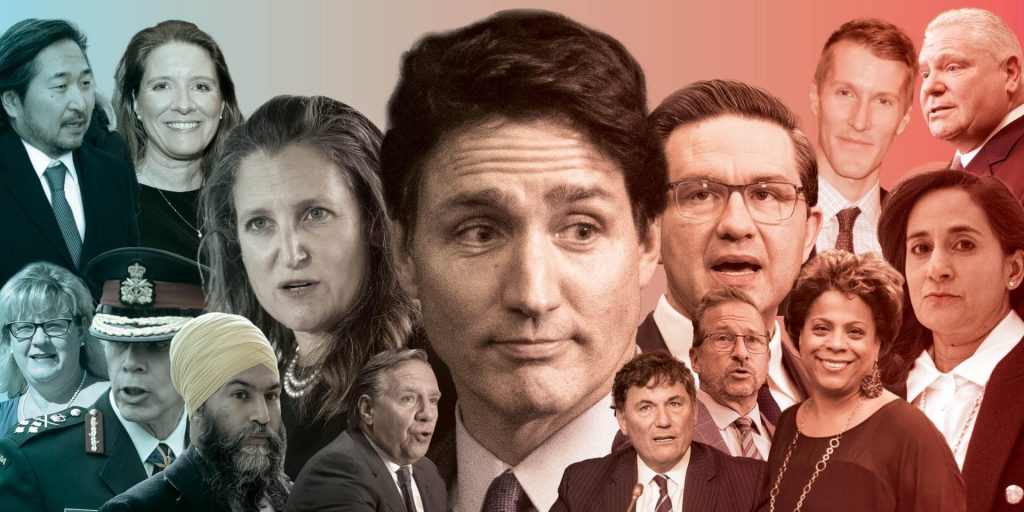
This year’s 100 most influential list is peppered with the politicians, political staffers and strategists, public servants, and media who help shape policy, hold the government to account, and wield influence behind the scenes.
A space for her: what we can learn from Jacinda Ardern’s resignation
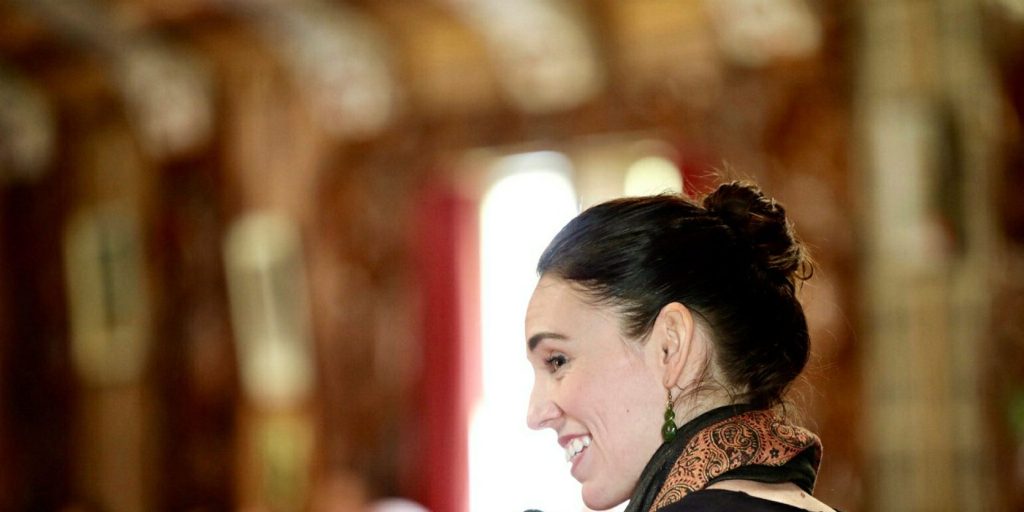
Canada’s track record of electing women has been dismal. Our Parliament has never had more than 30 per cent women; and we rank 61st in the world for gender parity in the legislature.

